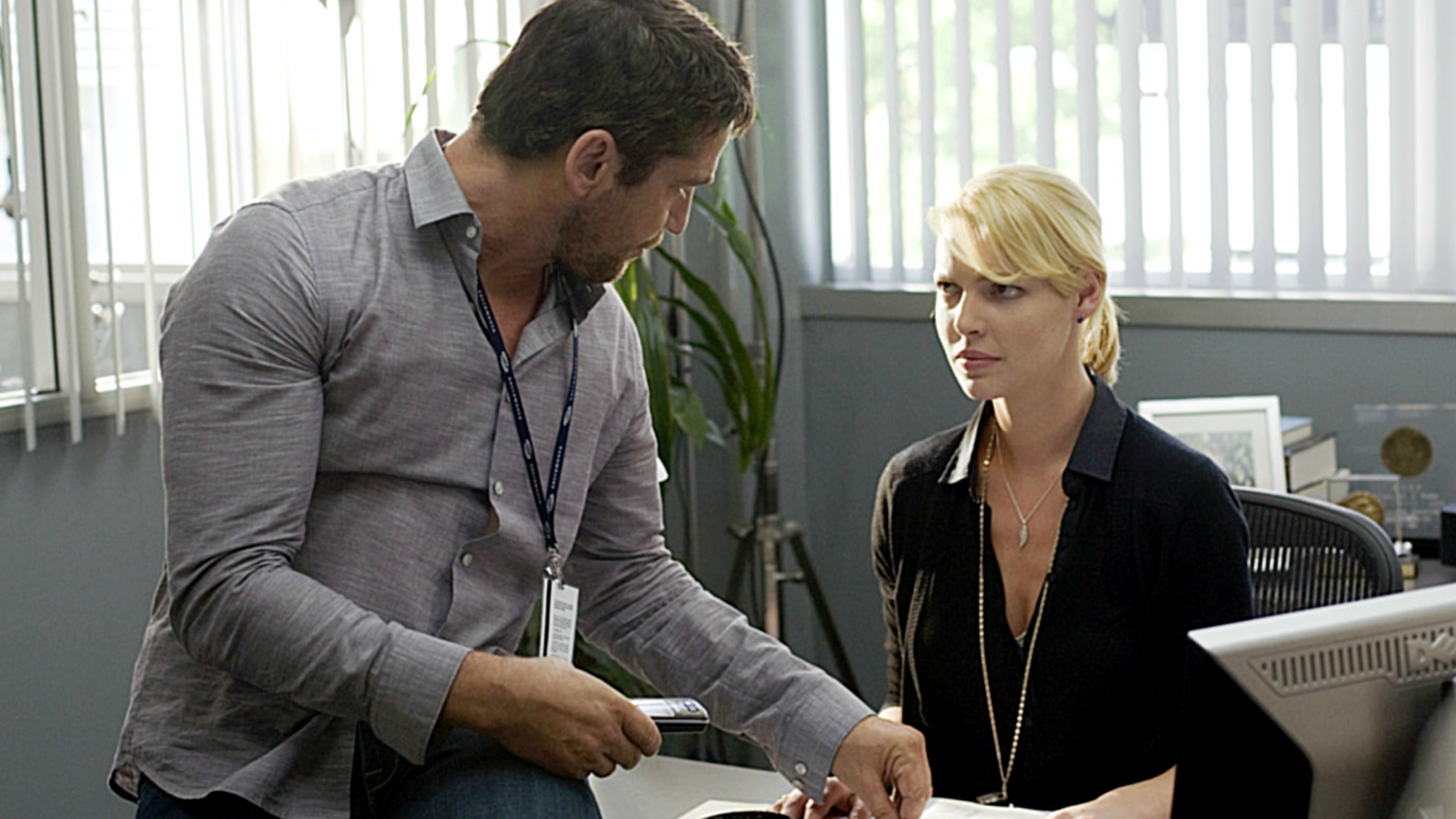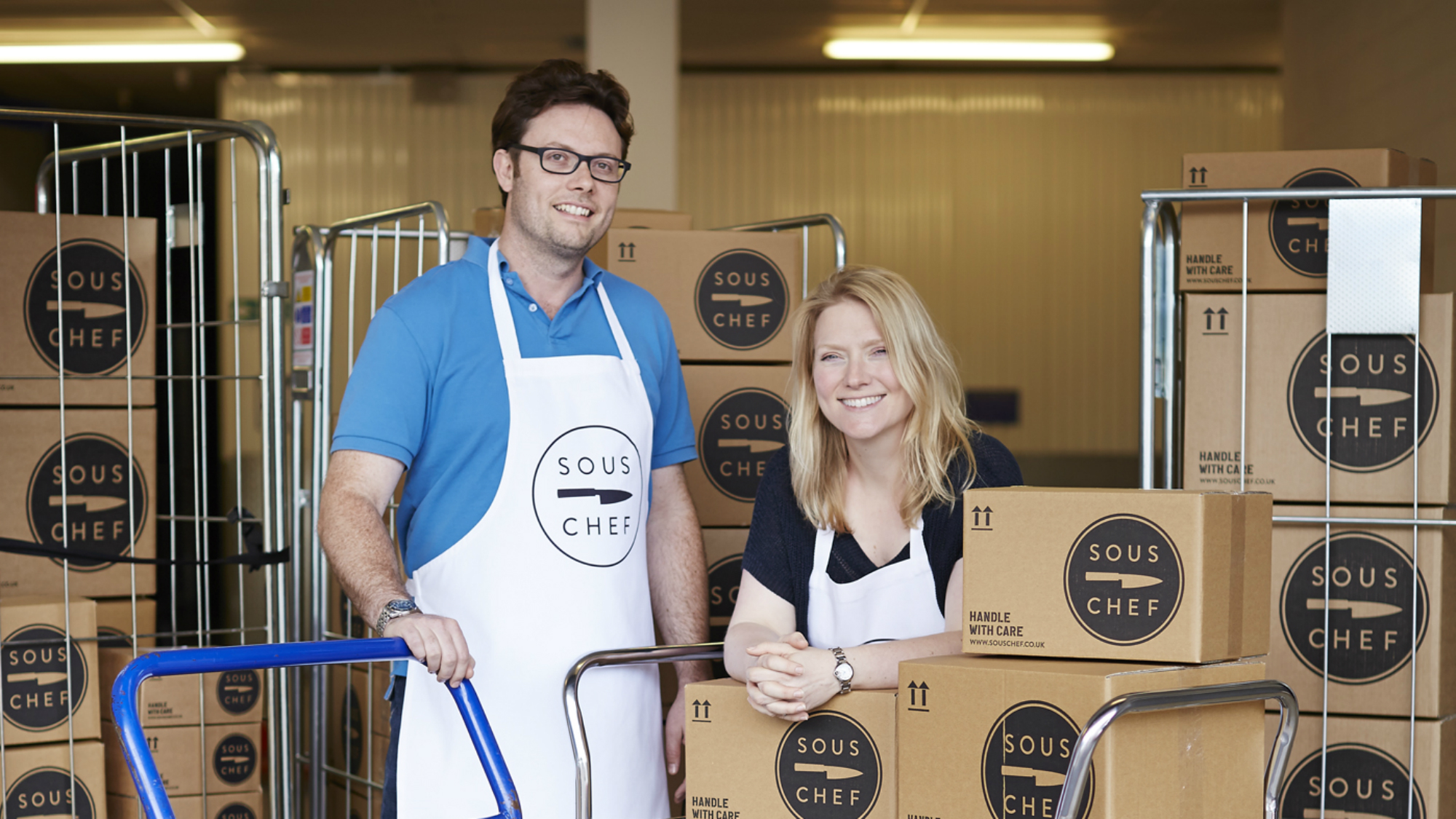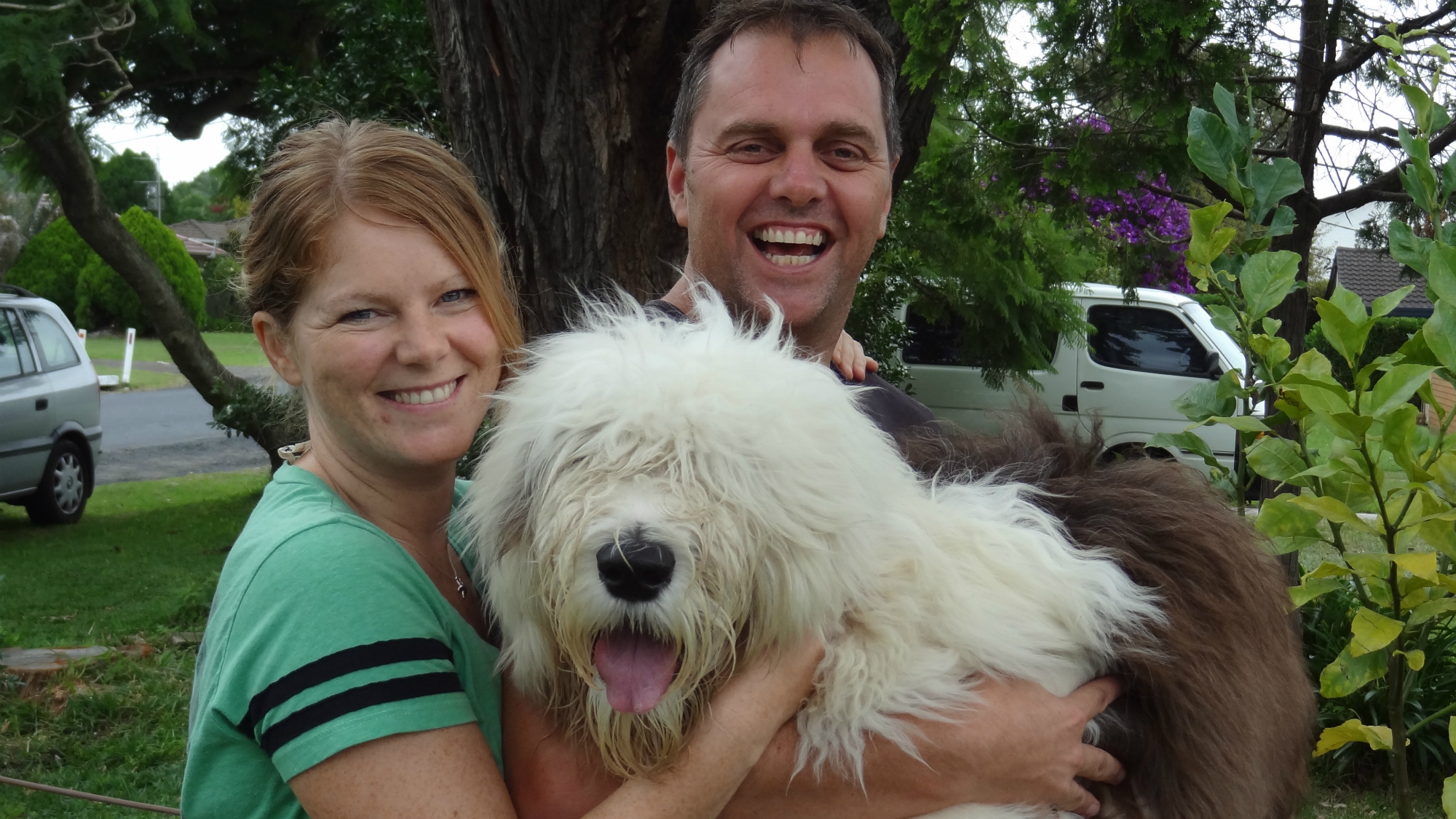Could you run a business with your boyfriend?
Mixing business and pleasure isn’t for everyone, but there are plenty of successful partnerships out there that started out as relationships. Here's how they did it.


Celebrity news, beauty, fashion advice, and fascinating features, delivered straight to your inbox!
You are now subscribed
Your newsletter sign-up was successful
Mixing business and pleasure isn’t for everyone, but there are plenty of successful partnerships out there that started out as relationships. Here's how they did it.
So how do you make a business/love relationship work? We spoke to 2 successful couples about their 7 golden business rules (and how to avoid arguments at the end of the day!)

COUPLE 1: 'Define your roles clearly and agree a time in the day when you switch off and NEVER talk business.'
Nicola Lando and her husband Nick Lando own and run Sous Chef - an award-winning online marketplace for people who love to cook with ingredients, equipment, tableware and gifts inspired by leading restaurants. They launched four years ago, travelling the world together for recipe inspiration and recently won ‘Best Independent Retailer’ at the Observer Food Monthly Awards 2016.
- Do something you're passionate about. Passion will carry you through the difficult times. Trust us, you'll be working on it for a lot more time, than you think!
- Define each of your roles clearly from the outset. It's very easy to find yourselves discussing - well, arguing! - about every little detail. But if you decide up front who is responsible for what, then each of you can go away and make decisions by yourselves. Then you can start focusing your discussions together on the most important issues. This took us six months to figure out and get right!
- Agree a cut-off time at the end of the day, when you promise to stop talking about the business. Yes, you'll probably continue to think about it. But if one of you does manage to switch off, it's exhausting to be interrupted again with work.
- Move your work out of your home as quickly as possible. It's very difficult to switch off if your work - and even team members - are in your living space. Flexible office solutions (see point five) are great for this.
- Keep overheads low to stop difficult budget discussions. Perhaps the best thing we did at the start was to use an Access Self Storage unit as our warehouse. After a few months we added an office, then more and more storage space within the unit. We have totally flexible contracts and the ability to expand as and when it is best for us. You will have no idea how much space you might need, so this was a lifesaver.
- Be kind to each other. You'll experience more extreme ups and downs with your partner than you ever have before. And when it's tough, being nice is easily forgotten.
- Have fun. Creating and growing a business together with your favourite person by your side is a wonderful thing. Don’t forget to enjoy it!

COUPLE 2: 'Have one-to-one business meetings during your working day rather at home, and carve out some ‘me’ time apart.'
Rachel Martin and her fiance Andy Peck founded TrustedHousesitters, the world’s largest sharing economy travel business specialising in house sitting. Based in Brighton, the site now operates out of 140 countries and has a community of over 300,000. The couple also won Richard Branson’s GREAT award, and were recognised as one of Britain’s Greatest Exports, after being shortlisted in the Virgin VOOM competition for entrepreneurs. They launched in 2010.
- Have a designated ‘No Work Zone’ at home. We don't allow laptops in the living room or bedroom, these places are for relaxing only and under no circumstances do we allow any talk about business to happen in the bedroom!
- Make sure you’re good at taking holidays together. Finding time to relax together without letting business interfere is the best way to separate your professional time from your time together as a couple. To do this, we’ve found that it helps to plan active outside holidays with no WIFI.
- Respect each other’s clear roles and responsibilities. This is not easy to do when you’re starting out. In the beginning we did all and everything together But today I'm more internal within the business and Andy as CEO is more external/outwardly focused. I respect his challenges and work and vice versa, in fact we're now in very few meetings together as day-to-day, the areas of the business we head up don’t always overlap. It took a lot of hard work in the early days to get to this point.
- Invest in a great business advisor. Initially we tried to figure everything out ourselves and the volume of conversations this generated about work was immense. We now have a brilliant team and advisors which can take the heat of the discussion away from just the two of us and into a wider knowledge base
- Enjoy some ‘me’ time apart. When you do work and live together it can be hard to get time to yourself. I'm a big advocate of time apart which can be anything from my time in the gym alone, to a girl's weekend away
- Have a 1-2-1 meeting in work time, rather than take business questions and issues home. Of course there are always business matters to discuss, but if you have these conversations in the workplace they hopefully won’t follow you home
- It's always important to remember to respect and support one another. Running a business as a couple can be tough, but helping each other through highs and lows is a huge benefit of being in business together. Getting through these challenges can ultimately bring you even closer as a couple if you always remember to give each other respect, support and recognition within each other's roles.
Celebrity news, beauty, fashion advice, and fascinating features, delivered straight to your inbox!

Andrea Thompson is Editor in Chief at Marie Claire UK and was named by We are the City as one of the UKs top 50 trailblazers for her work championing gender equality. She sits on the committee of the British Society of Magazine Editors where she acts as Chair.
Andrea has worked as a senior journalist for a range of publications over her 20 year career including The Sunday Times, The Guardian, The Daily Mail, Channel 4, Glamour and Grazia. At Marie Claire UK, Andrea oversees content, strategy, events and campaigns across fashion, beauty and the brand's purpose pillars. Follow her on instagram at @andreacanwrite